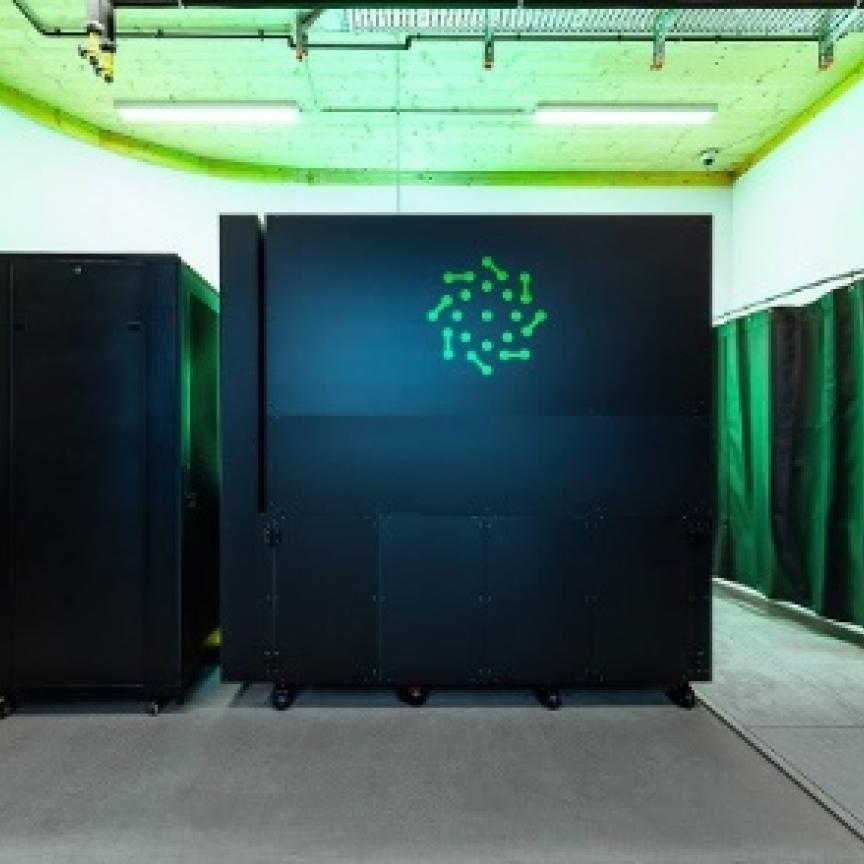The Partnership for Advanced Computing in Europe (PRACE), has announced that it will provide an additional 77 million core-hours via its Fast Track Call for COVID-19 research.
Since March 2020 The PRACE Scientific Committee has reviewed eighty-three proposals from twenty-one different European countries. Thirty COVID-19 research projects were awarded more than 500 million core hours. All awarded projects had immediate access to Europe’s most powerful Supercomputers.
How can supercomputers contribute to accelerating the mitigation of this pandemic? Computing has become the third pillar in science alongside theory and experiment. High-Performance Computing (HPC) is able to tackle the huge data volume and to simulate complex models.
PRACE, provides the European research infrastructure of supercomputers and HPC experts. Its Fast Track Call for COVID-19 proposals gives scientists fast access to HPC resources, enabling researchers to better understand the complexity of SARS-CoV-2 from different scientific perspectives and thus to obtain faster results.
An overview of all awarded projects can be found here.
PRACE is looking forward to welcoming more project proposals requesting computing resources and will review them within one week. This applies, without being exhaustive, to the following topics:
- Biomolecular research to understand the mechanisms of the virus infection
- Bioinformatics research to understand mutations, evolution, etc.
- Bio-simulations to develop therapeutics and/or vaccines
- Epidemiologic analysis to understand and forecast the spread of the disease
- Other analyses to understand and mitigate the impact of the pandemic
All details of the PRACE Fast Track Call for COVID-19 proposals are published here.
As is important to provide data storage and sharing solutions for those awarded projects from the Fast Track Call, PRACE is in collaboration with FENIX ICEI resources to give access to this repository.
COVID-19 is a global problem, PRACE is using its international connections to other scientific, research, and HPC projects, programmes, and organisations. For example, it organises with XSEDE (Extreme Science and Engineering Discovery Environment, USA) monthly webinars where principal investigators present the status of their COVID-19 research work and exchange scientific approaches and experiences.


